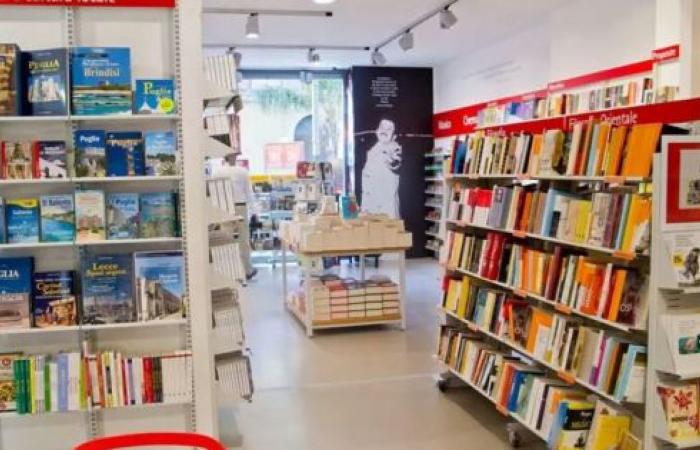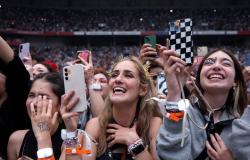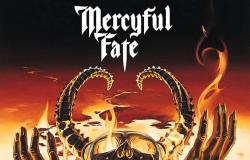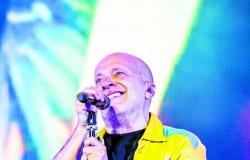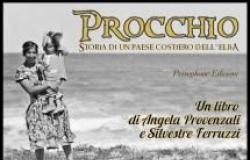There are two pieces of news: on July 3rd Feltrinelli will inaugurate a new bookshop; he will do it in Taranto, the now former steel city.
Weakened by years of useless and above all incompetent obstinacy towards the steel plant, which went – practically without its knowledge – from being the cause of illness and death for those who work there and those who live nearby to a source of layoffs, an ever-decreasing income capacity and uncertainties about the future not only for those who work there and for those who live nearby but for an entire community, the factory is no longer at the center of the village.
It is not because the market is throwing it out of its perimeter, because due to the low production it is no longer strategic for the Italian economy, because a lot of money is needed to convert it, money that no one knows exactly who will invest, because no matter what happens, it will employ in the most optimistic of forecasts half of the current 8 thousand employees.
What to do? Taranto must give itself a different, more sustainable future, more focused on its natural riches, its glorious and millenary history, its seas of incomparable beauty, more economically robust than the last 12 years marked by salaries and orders cut down for direct workers and indirect and for related businesses, an economic bloodbath that has impoverished everything and everyone.
Taranto, however, should not be left alone. The responsibilities of the people of Taranto, who have always accepted, indeed often pleaded for, the choices made from above by the master state or the mother state, are second to those who have made the city of the two seas the testing ground for unrelated industrial policies , if not exactly in antithesis, to territorial vocations, never offering the infrastructure necessary to allow Taranto to be truly an integral part of Italy, of Europe, of the World. For yet another summer, there are no direct trains to Rome. The railway route to the capital via Potenza-Battipaglia is blocked in the most crucial weeks of tourism due to endless works of which the duration is unknown, the real advantage in terms of travel times that will derive from it and above all the deadline. The motorway continues to have Taranto only in the name but stops 20 kilometers before. The airport is good for hosting Heads of State and Presidents, even the largest transport planes in circulation but not two cross flights to Linate and Fiumicino, landing places of civilization for lands in search of new opportunities.
Should we continue? Do we really want to host the 2026 Mediterranean Games?
The season of eternal lament has brought nothing good other than ephemeral electoral advantages for those who promised amusement parks and billionaire construction sites where there was and is unemployment and layoffs. And the current season under the banner of reducibility risks being even worse than the previous one because it cannot be the politically oriented story to change the judgment on the news which is cold, objective and punctual, on the protagonists depending on the seasons of love.
Taranto and the people of Taranto should not be left alone as happened to the unfortunate protagonists of Palazzina Laf, surrounded only by indifference and commiseration. Taranto and the people of Taranto must demand everything they are entitled to, while demonstrating unity and determination rather than the usual willingness to hand themselves over to the master of the moment.
It will not be just a bookshop, however prestigious and capacious, that will change the destiny of Taranto, nor will culture alone be able to guarantee the employment guaranteed up to now by the former Ilva but we have to start somewhere to change direction, turn the page: so what , what’s better than a book?

